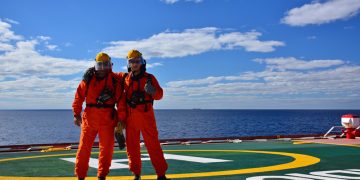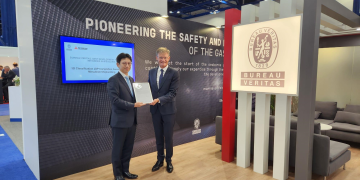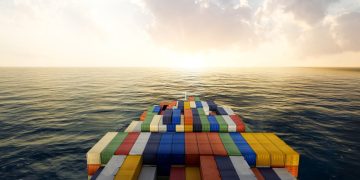In a detailed guidance, AMSA highlights the importance of keeping both seafarers and the company informed about any fatigue hazards in day-to-day operations. In this context, open communication and feedback on reports about fatigue related events are vital in improving fatigue management onboard. As such, shipping companies should not only implement reporting procedures within their safety management systems but also encourage seafarers to report events.
Either through a voluntary reporting system or through the vessel’s reporting system, when there has been an incident or accident where fatigue may have been a contributory factor, open feedback and reporting should be promoted across organization’s culture.
Key factors for a healthy shipboard environment
Seafarers not only work, but also live on board a vessel. To minimize the risks of fatigue, the following should be taken into consideration:
#1 Focus on sleep quality
Provide bedding, pillows, mattresses, adequate light management
#2 Mitigate stress
Ensure appropriate support to seafarers suffering from stress.
#3 Nutrition is a priority
Focus on healthy nutritious food and unlimited access to drinking water
#4 Maintain a healthy lifestyle on board
Adequate, well-designed and equipped training facilities and outside spaces are important
6 tips for effective reporting culture on fatigue
#1 Use forms
Forms need to be easy to access, quick to complete and submit
#2 Confidentiality comes first
Have clearly understood rules about confidentiality
#3 Set limits
Have clearly understood voluntary reporting protection limits
#4 Analysis is vital
Take into consideration all forms submitted and include regular analysis of reports
#5 Provide feedback
Regular feedback about decisions or actions taken based on the reports is important
#6 Communicate lessons learned
Useful in reinforcing awareness of fatigue among seafarers
Questions to include in a fatigue event reporting form
- How did you feel when the event occurred? (Alert / Neither alert nor sleepy / Sleepy)
- Did you feel fatigue before duty?
- Did you feel fatigue while on duty?
- Did you have dirscupted sleep?
- Did you take any actions to manage or reduce fatigue?
| Reports, incidents and lessons learned should be circulated on a ship-by ship basis to promote fatigue awareness and prevention! |



































































































































